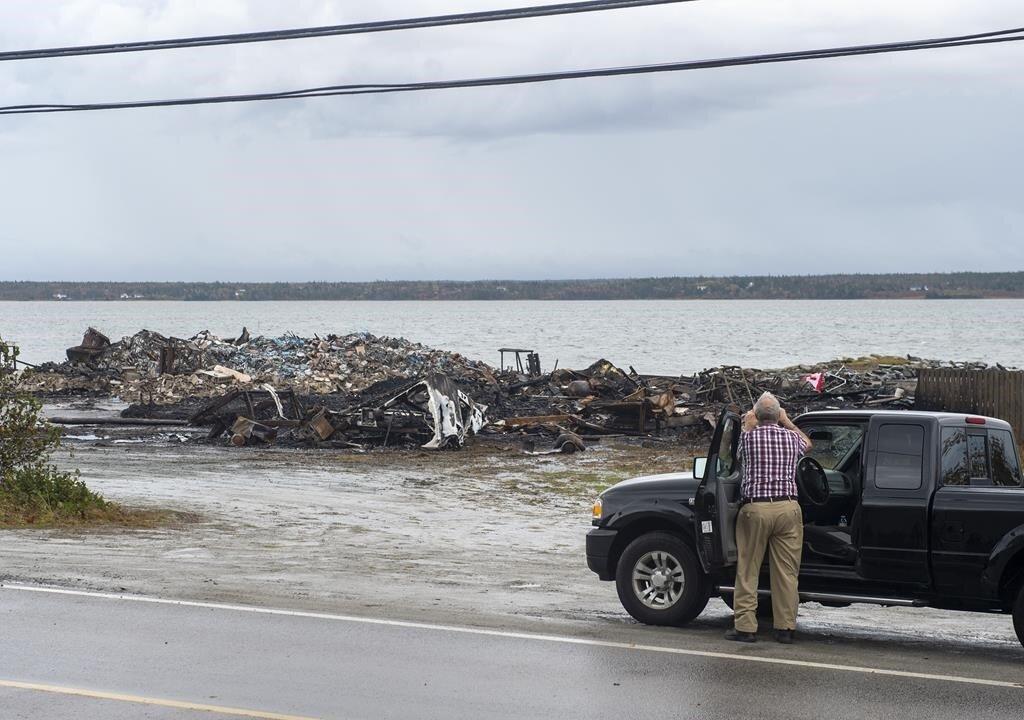HALIFAX—Nova Scotia Premier Stephen McNeil is urging Ottawa to define what constitutes legal harvesting in a “livelihood” fishery, after a dispute about Indigenous fishing treaty rights boiled over on the weekend.
In a statement Saturday on Twitter, McNeil said the federal Department of Fisheries and Oceans needs to answer the question of what a “moderate livelihood” looks like before the province can examine its own rules for fish buyers.





